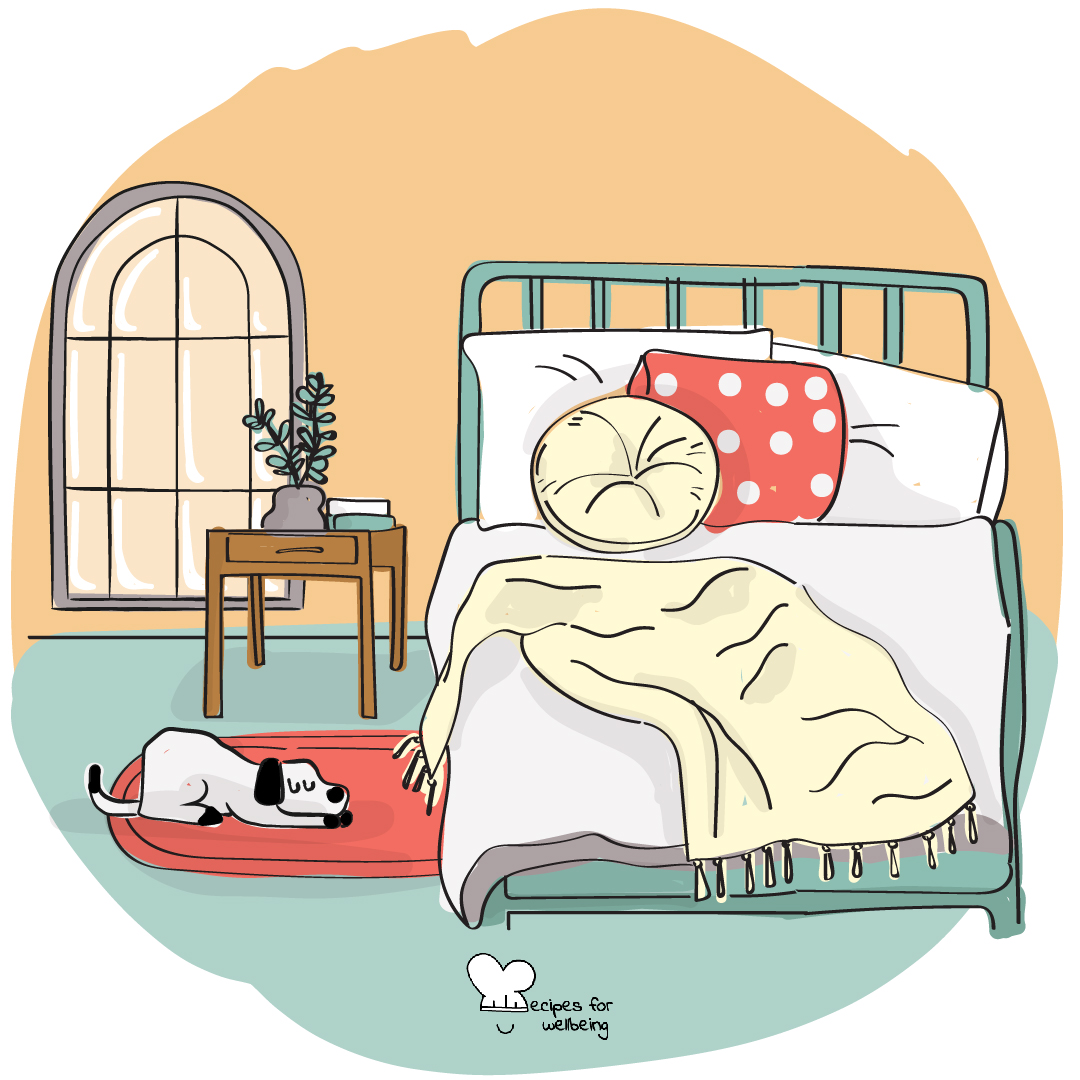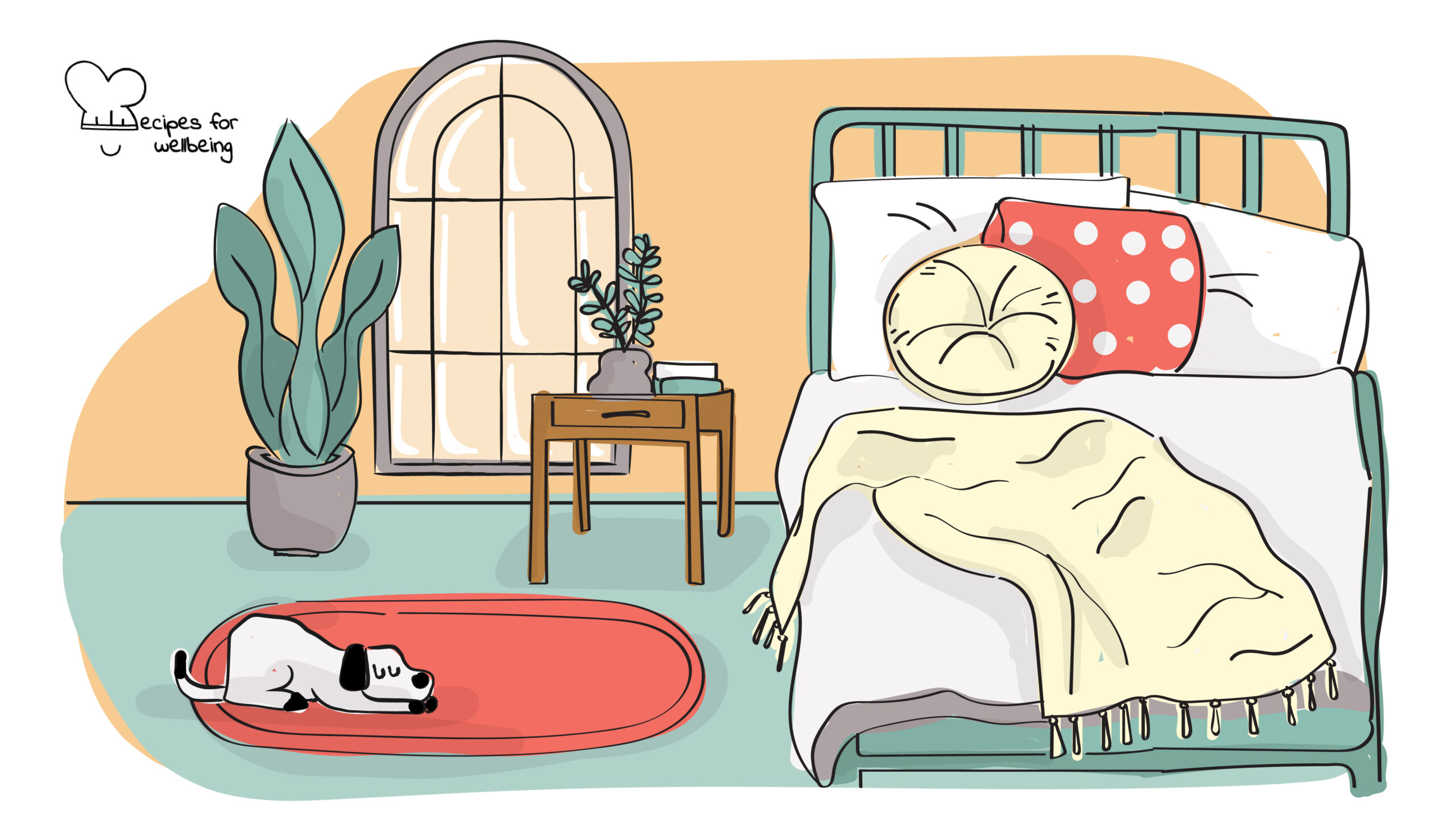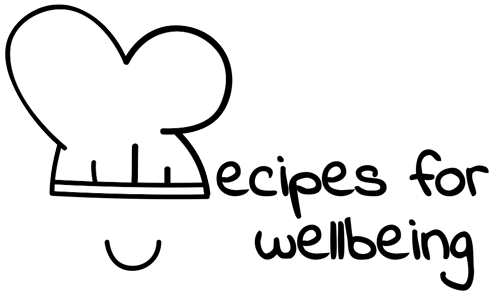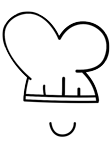
Pleasure activism
Pleasure activism is the work we do to reclaim our whole, happy, and satisfiable selves from the impacts, delusions, and limitations of oppression and/or supremacy. ―adrienne maree brown
👥 Serves: 1 person
🎚 Difficulty: Medium
⏳ Total time: 61-120 minutes
🥣 Ingredients: “Pleasure Activism: The Politics of Feeling Good” book by adrienne maree brown (if you’re curious to find out more about it!), or the Pleasure Activism Syllabus, by the SmartBrownGirl® Book Club
🤓 Wholebeing Domains: Meaning, Positive Emotion
💪 Wholebeing Skills: Fulfilment, Happiness, Joy, Pleasure, Service

Pleasure activism
📝 Description
Reclaiming our whole, happy, and satisfiable selves.
“All organizing is science fiction – as we are shaping the future we long for and have not yet experienced.”
How do we make social justice the most pleasurable human experience? How can we awaken within ourselves desires that make it impossible to settle for anything less than a fulfilling life? Author and editor adrienne maree brown finds the answer in something she calls “pleasure activism”, a politics of healing and happiness that explodes the dour myth that changing the world is just another form of work. Drawing on the black feminist tradition, she challenges us to rethink the ground rules of activism. Her mindset-altering essays are interwoven with conversations and insights from other feminist thinkers, including Audre Lorde, Joan Morgan, Cara Page, Sonya Renee Taylor, and Alexis Pauline Gumbs. Together they cover a wide array of subjects—from sex work to climate change, from race and gender to sex and drugs—building new narratives about how politics can feel good and how what feels good always has a complex politics of its own. Complement this activity with our recipe “Bodies as sites of liberation”.
Watch adrienne maree brown’s author chat on Pleasure Activism, which covers a selection of 7 essays from Pleasure Activism.
👣 Steps
Step 1 – Use pleasure as a strategy (20’)
As adrienne maree brown explains, you can start by reading Audre Lorde’s “Uses of the Erotic” or you can listen to Audre narrate it here. “She makes a really strong case for how pleasure can help us heal from oppression. Reclaiming our full erotic aliveness is a core piece in recovering from acts of oppression and marginalization. If you don’t make that initial connection, it’s really hard to not see pleasure as a guilty thing [you’re] doing on the side.”
Step 2 – Reflect (30’)
Reflect on your own, or discuss in a group the following questions:
- How does Lorde describe the erotic? How does her understanding of the erotic as power challenge traditional conceptions of both of those terms? How does Lorde distinguish eroticism from pornography?
- Lorde’s paper was addressed specifically to women. Do you believe that there are significant differences in how groups of people experience the erotic in their lives? Are we all equally capable of discovering and using this form of power in our lives? Why or why not?
Step 3 – Foundational self-reflection questions (30’)
Pleasure Activism is full of engaging essays and other work that fills over 300 pages of text. The Pleasure Activism Syllabus, by the SmartBrownGirl® Book Club, provides a guide to engage in some foundational discussion questions and seven selections from the book. You can start with reflecting on, and writing down your answers to the following questions:
- Define pleasure.
- List five ways that you create pleasure in your own life. What does pleasure feel like for you?
- Were you taught how to create pleasure? Where did you learn these lessons?
- Are there areas of your life that do not spark pleasure? Name them.
- Create a mind map of the people, places, and things that help you live a pleasurable life. What is included in this map? Who invites pleasure into your life?

